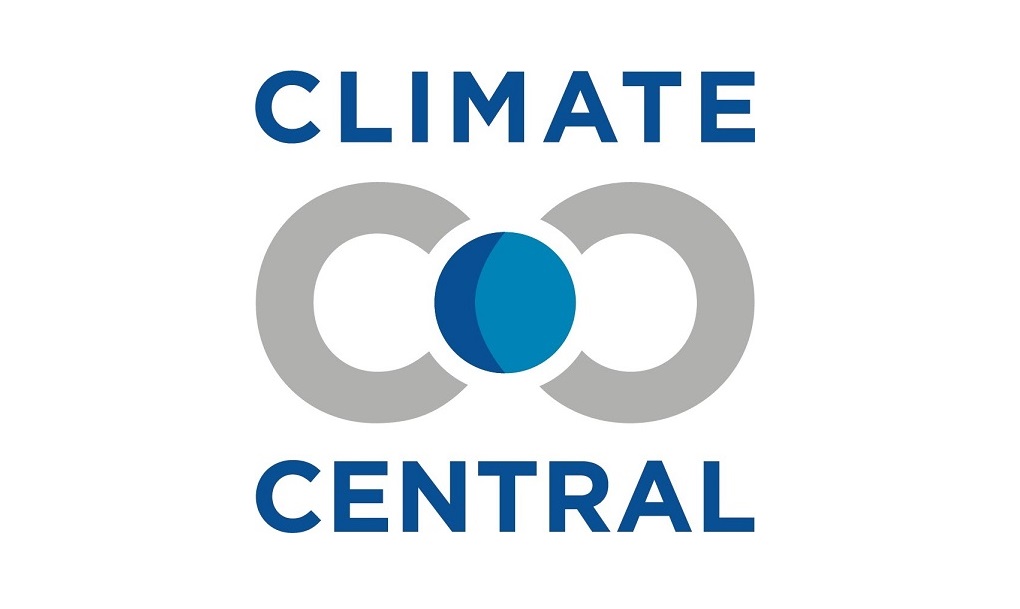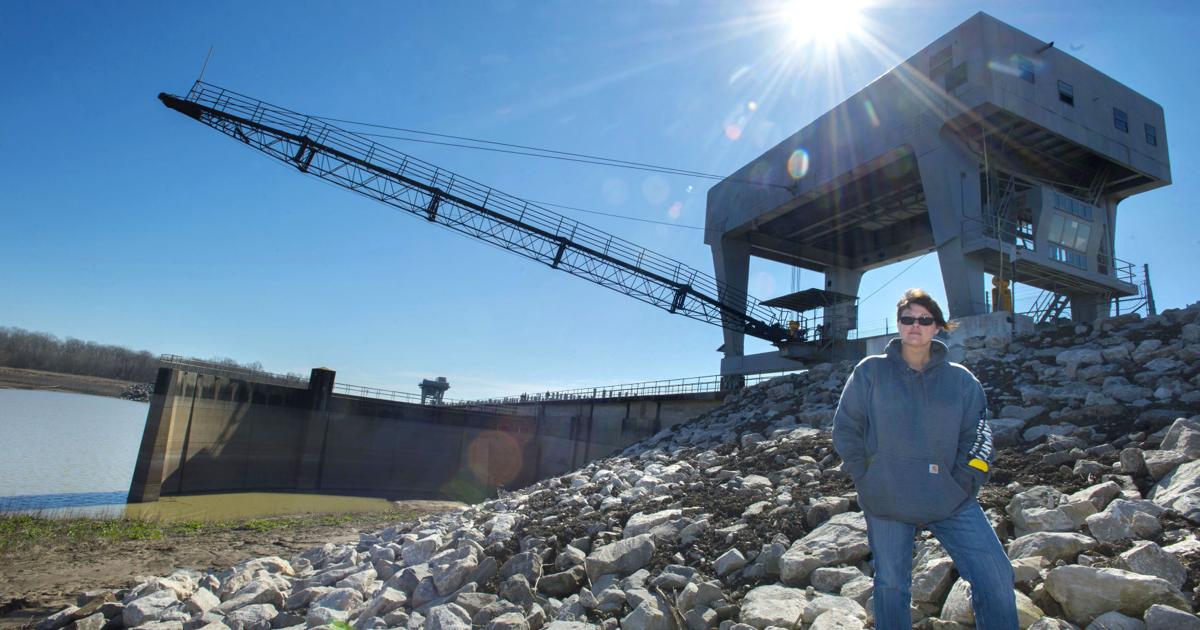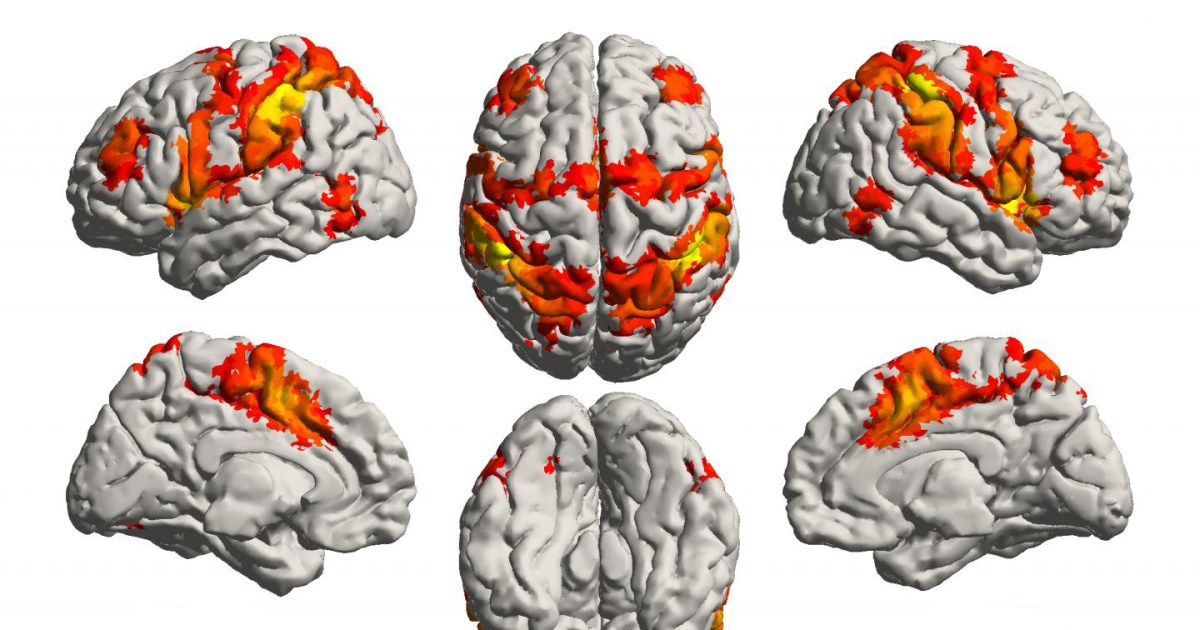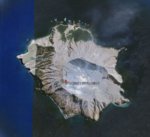Let me preface this by saying I'm not an atmospheric, carbon, or climate scientist, nor am I a physicist, chemist. I have training in these areas but its not my job.
The short answer is nobody knows for sure. There is no crystal ball, but we have lots of good data (observations) over long periods of time, that allow us to reasonably estimate what's more or less likely to occur in the future.
There are models that allow where past and current atmospheric carbon dioxide concentrations , along with atmospheric mixing and circulation, and various future carbon dioxide scenarios are inputs. The scenarios are things like business as usual, reduction of some %, increases of some %. Then the model produces a range of reasonable future atmospheric CO2 scenarios. Those outputs can then by applied to other models estimating things like weather, ice loss at the poles, sea level rise. Sociologist and Economists also use this data and information to understand how these earth outcomes impact people's lives.
What does it look like for you and me? We can't model everybody's life and it really does depend on where you live, what your ability to withstand economic downturns is, your ability to move or escape natural disasters. What I think is reasonable to say is wherever you live weather is going to be more variable, things will be warmer on average with more 90+ degree days, nights will be warmer (winter nights in particular). If you live near the ocean. It's rising and will continue to do so. Food chains will be disrupted as brackish environments (breeding grounds) are changed and humans will have to move and change their infrastructure. The poorest people in the world will of course be the most impacted and the most desperate. What happens exactly in Maryland vs. Minnesota vs. Arizona, vs. Mississippi vs. New Deli, or Dublin, or Sao Paolo requires lots of local study, which there isn't much money being distributed to do.
My personal feeling / belief - and I think the evidence points to this - is that the fossil carbon / fuel faucet wasn't addressed in a timely manner. We've known about this for at least 30 years and because human decision making is short term (the next fiscal year or political cycle) and the global economic and political power structure require the intensive use of natural resources to "fuel" their profits some people will lose their lives. I'm simultaneously not particularly worried more than the general terror that is pervasive in our daily lives in today's world causes me.
There is awareness among those that don't want to lie to themselves. There is potential that a very profitable economy emerges based on the need to address these problems. Humans usually have a pretty strong will to live. So I'm somewhat optimistic that there will be an evolution that allows us to do so. That being said, our lives - more accurately the lives of people 50, 100, 200, 300 years in the future will have been completely altered by our choices now. People's lives are being altered right now, and I still fully expect every last drop of fossil carbon to be used. I sort of wish we would just burn it all right now, today, this second so that we can get it over with and deal with the consequences.
What I imagine is that there will be a climate refugee issue in every country. First in the poorest places, but even in the U.S. I hope that ocean food chains are not so disrupted that they collapse, that ocean circulation is not irrevocably altered, and that there is enough water to grow enough crops, and enough relatively clean water to drink. If those systems completely collapse then it's going to be very very difficult for humans to survive. Even if those things don't completely collapse there will almost certainly be conflicts about them because without them economies collapse... and as long as we continue to view ourselves as part of whatever political boundary (our neighborhood, city, or country) we are not thinking in the way that is required to prevent those systems from collapsing.
Here is a useful model that gives people a reasonable guess at what their summers will look like in 2100.
Models show summers are going to keep warming as emissions continue. See what this warming will feel like.

www.climatecentral.org
Here in MN, we seem to be in a relatively safe zone. We are likely to have warmer and wetter springs, drier late summers, and warmer nights at winter, but it's not going to get that much hotter here. That being said. Culturally important activities like ice fishing and summer lake recreation are probably going to be more difficult to do in some places.
The Maryland State Climatology office might have some useful information
You can email the state climatologist too and ask them questions. It's their job to answer them.
Thanks for the kind words. I'm happy to keep talking if something doesn't make sense or you're just interested.
 www.ipbes.net
www.ipbes.net








